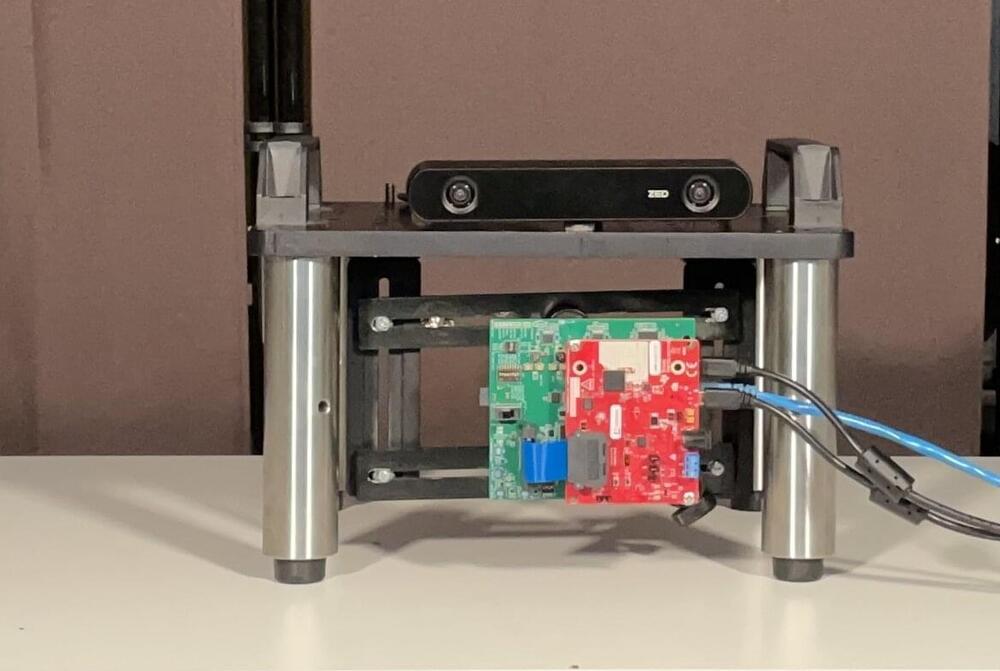As telemedicine has grown more popular, so have devices that allow people to measure their vital signs from home and transmit the results by computer to their doctors. Yet in many cases, obtaining accurate remote readings for people of color has proved a persistent challenge.
Take remote heart rate measurements, for example, which rely on a camera sensing subtle changes in the color of a patient’s face caused by fluctuations in the flow of blood beneath their skin. These devices, part of an emerging class of remote technologies, consistently have trouble reading color changes in people with darker skin tones, said Achuta Kadambi, an assistant professor of electrical and computer engineering at the UCLA Samueli School of Engineering.
Kadambi and his team have now developed a remote diagnostic technique that overcomes this implicit bias against darker skin while also making heart rate readings more accurate for patients across the full range of skin tones. Their secret? Combining the light-based measurements of a camera with radio-based measurements from radar.
